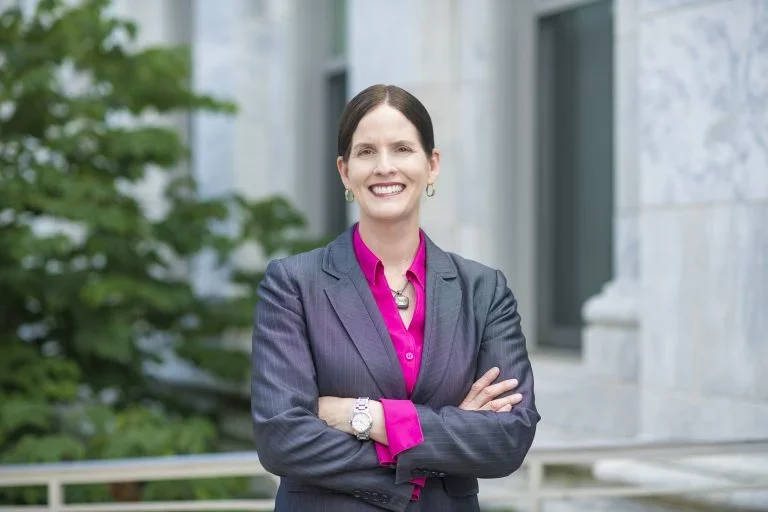CDE director and cybersecurity expert Laura DeNardis on the CrowdStrike, Microsoft Outage
As part of Georgetown’s “Ask a Professor” series, in which Georgetown faculty members break down complex issues and use their research to inform trending conversations, CDE Director Laura DeNardis, professor and endowed Chair in Technology, Ethics, and Society, was asked to explain the unprecedented outage that roiled the country on July 19.
“The regrettable irony is that the effect of the outage — caused by an error in software designed to stop widespread cybersecurity attacks — ended up mimicking what would be the effects of an actual widespread cybersecurity attack,” she writes.
Because almost everything in the world is digitally connected, she points out, “an outage is no longer about an inability to send an email or access files but about the right to receive medical care or travel freely. Everything from our food supply to our energy systems depends upon secure and resilient digital technologies.” It creates opportunity for hackers, highlights a lack of sufficient attention to “the more critical issues around underlying infrastructure,” and “raises important questions about liability, accountability and deterrence.”
As ordinary people, along with governments and corporations, are faced with the urgent need to defend against cybercrime, DeNardis points out that there is a psychological as well as technological component, and that people are realizing that “cybersecurity policy choices involve fundamental ethical choices” because of the intersections of so many facets of technology and the areas of life they affect, such as healthcare. The Center for Digital Ethics, she concludes, recognizes that cybersecurity is “a great human rights issue of our time and part of the Center’s core mission of bringing about a more ethical digital future.”
